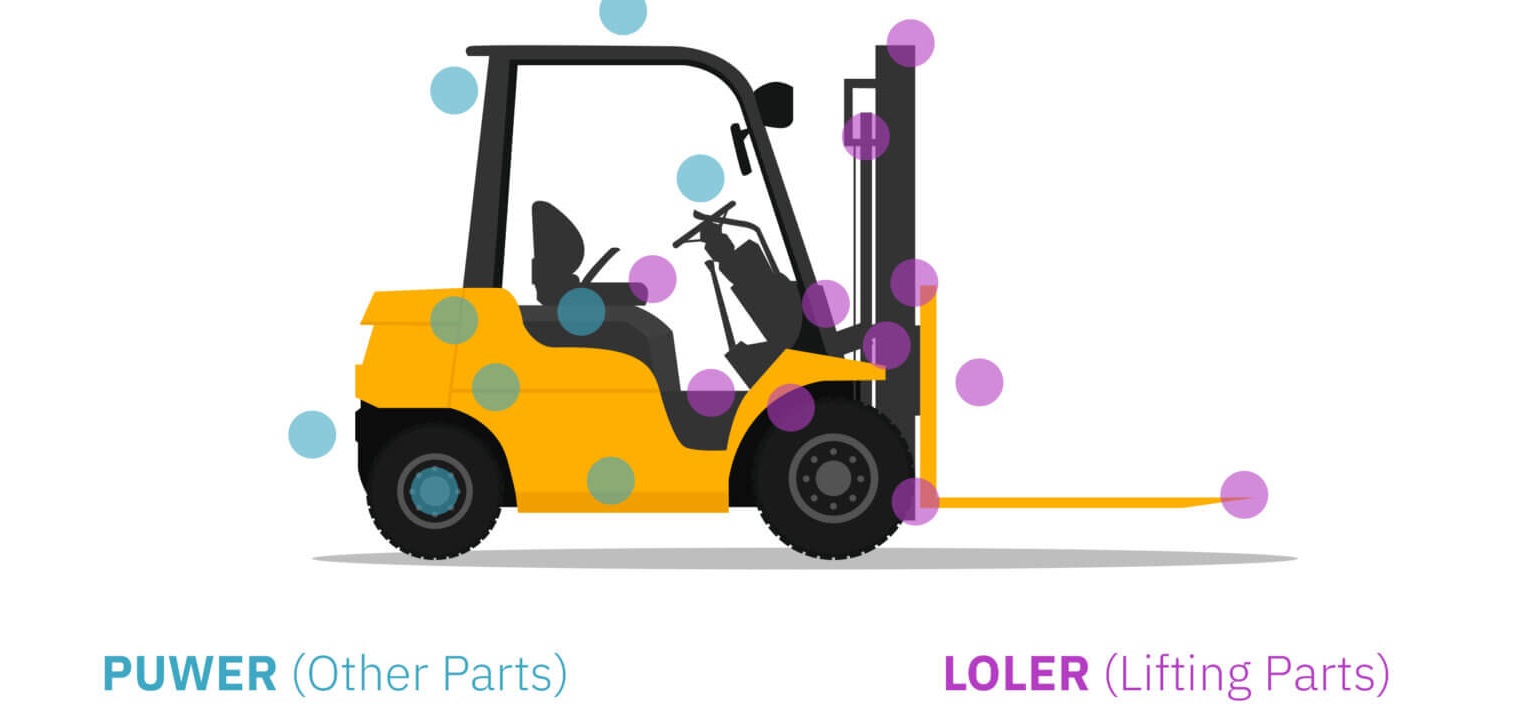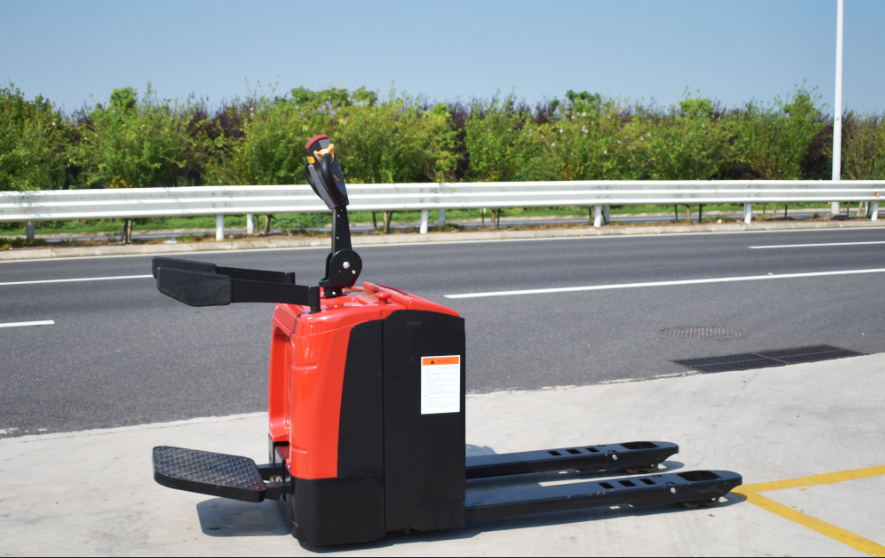Understanding LOLER and PUWER
To determine whether a pallet truck falls under the scope of LOLER (Lifting Operations and Lifting Equipment Regulations 1998), it's crucial to understand the distinction between LOLER and PUWER (Provision and Use of Work Equipment Regulations 1998).

LOLER
LOLER is a UK law that sets out the duties of employers to ensure the safety of lifting operations. It applies to a wide range of lifting equipment, including cranes, hoists, and other devices used to lift loads.
PUWER
PUWER is a broader regulation that covers all work equipment, including tools, machinery, and plant. It places duties on employers to ensure that work equipment is safe and suitable for its intended purpose.
The Height Factor
The key factor in determining whether a pallet truck falls under LOLER is the height to which it can lift a load.
- Low-Lift Pallet Trucks: These trucks typically lift loads to a height of around 300mm or less. Due to the relatively low height and the low risk associated with such lifts, these trucks generally fall under PUWER rather than LOLER.
- High-Lift Pallet Trucks: These trucks can lift loads to a much greater height, often exceeding 300mm. The increased height and potential for serious injury in the event of an accident mean that high-lift pallet trucks are subject to LOLER regulations.

Key Considerations for Pallet Truck Safety
Regardless of whether a pallet truck falls under LOLER or PUWER, employers have a duty of care to ensure that the equipment is safe and used correctly. Here are some key considerations:
- Thorough Examination: High-lift pallet trucks that fall under LOLER must undergo regular thorough examinations carried out by a competent person. These examinations should assess the truck's structural integrity, hydraulic system, and other safety-critical components.
- Regular Inspections: All pallet trucks, regardless of height, should be subject to regular inspections to identify and rectify any defects or potential hazards. Inspections should cover items such as tires, wheels, forks, and hydraulic systems.
- Operator Training: Operators of pallet trucks should receive adequate training to ensure they understand the safe operation of the equipment. Training should cover topics such as load capacity, stability, and emergency procedures.
- Maintenance: Pallet trucks should be maintained in good working order. Regular maintenance checks and repairs should be carried out by qualified personnel.
- Risk Assessment: Employers should conduct risk assessments to identify potential hazards associated with the use of pallet trucks. Risk assessments should consider factors such as the working environment, the types of loads being handled, and the experience of operators.
Conclusion
In conclusion, whether a pallet truck falls under LOLER or PUWER depends on its lifting height. Low-lift pallet trucks generally fall under PUWER, while high-lift pallet trucks are subject to LOLER. Regardless of the specific regulations, employers have a responsibility to ensure the safety of workers using pallet trucks. By following the guidelines outlined in this article, employers can help to minimize the risk of accidents and injuries.
Additional Tips for Pallet Truck Safety
- Load Capacity: Never exceed the rated load capacity of the pallet truck. Overloading can lead to instability and accidents.
- Floor Conditions: Ensure that the floor surface is clean, dry, and level. Avoid using pallet trucks on uneven or slippery surfaces.
- Personal Protective Equipment (PPE): Consider using appropriate PPE, such as safety shoes and gloves, to protect workers from potential hazards.
- Emergency Procedures: Establish clear emergency procedures for dealing with accidents or equipment failures.
- Regular Reviews: Regularly review safety procedures and practices to identify areas for improvement.
By following these guidelines and staying up-to-date with the latest health and safety regulations, employers can create a safer working environment for their employees.
Post time:Nov.11.2024
